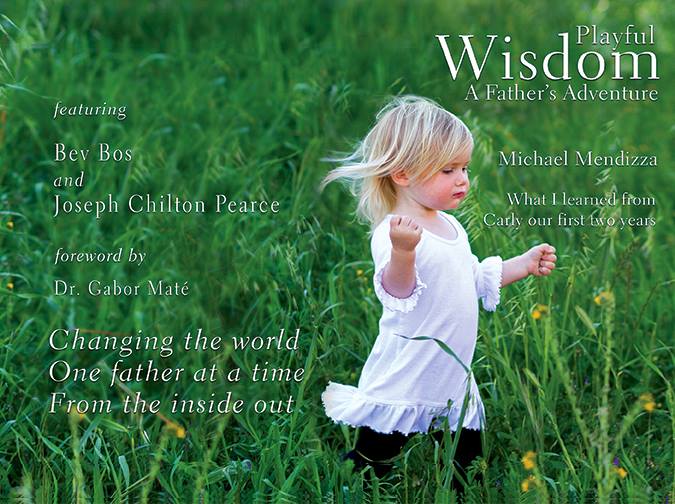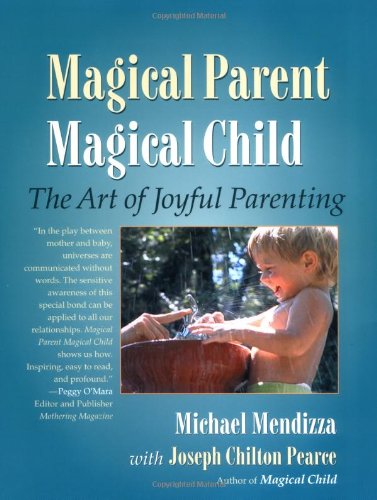Home Base: The “Safe Place” We Are To Our Children
The player steps up to home base. While at the plate, he or she is perfectly safe. From this position of safety they swing the bat and hopefully hit the ball. The moment they leave home base, they are at risk. They run to first base avoiding being tagged. The goal is to make it back to home base where nothing bad can happen. I, and everyone else who cares for Carly, is that home base, the safe place where nothing bad can happen, except when we are not.

Of course, like the Hippocrates’ Oath, nothing bad means physically doing no harm. Physical punishment of any kind is out of the question. Doing no harm means insuring that she is free from physical dangers such as falling, burning, or moving into places where she might be injured, the busy street, for example. Carly must play and that means interacting with everything so we dress her in clothing that is fit for the environment, protecting and at the same time allowing freedom of movement. We offer a variety of healthy – pesticide free, unprocessed, non-artificially sweetened, non-GMO, meaning nonpoisonous – foods. And, equally important, we insure Carly receives plenty of affectionate, playful touch and movement every day, even rough and tumbling. Why? Because we understand that chronic absence of physical pleasure is more damaging then physical punishment to the developing brain. And we limit, to an extreme extent, interaction with screens that feature images, sounds and programs targeting children. FaceTime with grandma or sharing pictures of meaningful people, places and events is different, but even that is offered sparingly, like desert rather than the main course. As challenging as all this is, this is the easy part.
Resting on this physical ‘Do No Harm’ foundation is the psychological realm. A harsh look, raised eyebrow, a mean tone of voice, time out, dangling rewards, bribing behavior modification, phrases like; “how many times do I have to tell you?” A thousand little moments every day, negative feelings and gestures can fly, all adding up, all becoming patterns. It is not so much the particular event, the anger of frustrated response; it is the pattern that is damaging. We dults forget. We are dealing with the most complex and innately intelligent neural system in the known universe, exploding with 700 new neurons and tens of thousands of new neural connections every second. After just one explosive angry, punishing, accusing, rejecting expression from us, the potential for the next is etched permanently into place. The second time we accuse, blame or punish, the pattern is set. Fundamentally, each harsh or negative response by what should be home base, betrays the safety home base represents. What should be unconditional love – isn’t. Where does basic trust go from there?
 Carly is two months from being three years young. She is funny, engaging, thoughtful, imaginative, generous, curious, inventive, sometimes shy when strangers ask, ‘what is your name and how old are you?’ If we look, it is easy to see that she is deeply absorbed in whatever she is doing and she is doing something all the time. Yes, she hears, ‘Carly, it is chilly, put on some socks.’ But, to her ‘child of the dream’ state of attention, our verbal directives are, well, like a voice in a dream. Bev Boss says, “Don’t make rules for children. They can’t remember rules.” Put on your socks or clean up your toys is like a rule for Carly. She hears the words but is so engaged in what she is doing, and this means movement, responding to what we are saying, literally demands that she wake up from her entrained momentum, that she wake up from her dream, and begin a new dream, our dream – feeling her cold feet and running off looking for socks.
Carly is two months from being three years young. She is funny, engaging, thoughtful, imaginative, generous, curious, inventive, sometimes shy when strangers ask, ‘what is your name and how old are you?’ If we look, it is easy to see that she is deeply absorbed in whatever she is doing and she is doing something all the time. Yes, she hears, ‘Carly, it is chilly, put on some socks.’ But, to her ‘child of the dream’ state of attention, our verbal directives are, well, like a voice in a dream. Bev Boss says, “Don’t make rules for children. They can’t remember rules.” Put on your socks or clean up your toys is like a rule for Carly. She hears the words but is so engaged in what she is doing, and this means movement, responding to what we are saying, literally demands that she wake up from her entrained momentum, that she wake up from her dream, and begin a new dream, our dream – feeling her cold feet and running off looking for socks.
We so called grown-ups get irate, insulted and angry if our children don’t stop in their tracks and do exactly what we say on the spot. Being a guy, after many years of trial and error, I know it is best to wait until my darling wife has her morning coffee before I act like a puppy or make complex intellectual demands. Carly is like that most of the time. Her interest and complete attention to what is happening outside and inside is so complete that turning the Titanic, redirecting her agenda to mine, is like hitting the brakes on an icy road – gently, softly and persistently is the key. We make a profound mistake assuming that the early child’s state of attention, especially to external cognitive, verbal stimulus is like our own.
You know what it is like, thinking deeply about some challenge and someone taps you on the shoulder or says good morning. Out of your skin you jump, startled. It helps to realize that the early child is that deeply engaged in everything. Thought, language and the imagination these elicit are dreams. We grow accustomed to switching dreams on the instant. The early child is not so quick. Give them a little time. Appreciate that they need to be reminded of what you just said, “Carly, it’s chilly, let’s find your socks.” Better still, turn sock finding and slipping them on, two distinct challenges, into an inventive opportunity for play.
The moment we adults get impatient, irritated and implicitly angry, which imply judgements, the all-important safety we represent goes out the window. Home base becomes threatening and the basic trust upon which our entire relationship rests, now and in the future, is compromised, contradicted and confused. Feeling safe and being invited to play is light-years away from telling Carly Elizabeth to clean up her toys, and upon this profound misunderstanding all the bribes, corrosion, rewards and punishments, the grades and hi-fives – with their shadow feelings of failure and shame, arise.
We do this, not the child. We condition them not to trust us. We slip in bribes, praise and rewards when safety and play vanish from our view. By the time we are mature enough to have children, nature assumes we know ourselves, that we have mastered our emotions, and have earned our position as the most complex and hopefully intelligent neuro-system in the known universe. Wisdom is nature’s agenda but not ours. The relentless betrayals of home base, of basic trust, etch deeply in the human psyche, and very early; the judgements, the accusing tone of voice, the demands for instant obedience and implicit punishments. Predictable betrayal of home base prevents the child from investing complete attention in the wonder and discovery of the moment, what they call play. And upon this fragmented psyche we quickly add compulsory schooling, competition and adult judged games and the failures these imply. We do these things, not our children. Complete attention is impossible without basic trust.
Far off in the distance a squeak slipped under my office door. As I peeked in the bedroom door, Carly was wiggling where I should have been. An impish grin blossomed as I lifted the comforter and hid, like a big muffin under the covers. Sure enough, in a flash, she was hiding in the darkness too. “I love you as big as the sky,” I whispered, as one of my fingers found her tummy. “No, Tata,” she laughed. Out we popped. I pointed to my nose and sniffed. “I have an idea,” I said, which is like saying “once upon a time.” “I smell a wet diaper. Should I get it or you?” “Me,” she said, slipping off her jammies, top and, what we playfully refer to as the ‘wet-soggy one.’ After a few moments of climbing on and tumbling off my up-turned knee, off she jumped and in a moment was racing down the hall on her pink scooter with Bear, a white stuffed friend holding on for dear life….
Now, how lucky is that?
Featured Photo Shutterstock/NadyaEugene


